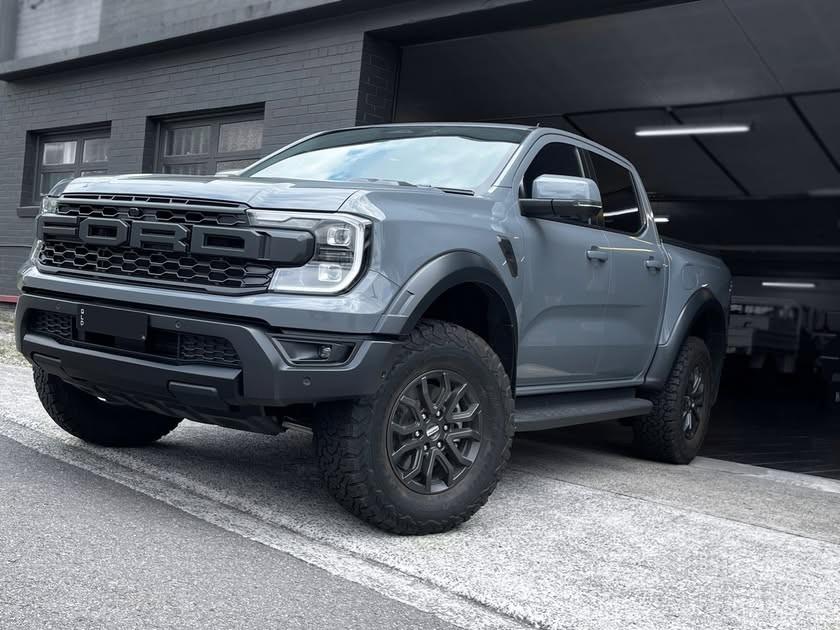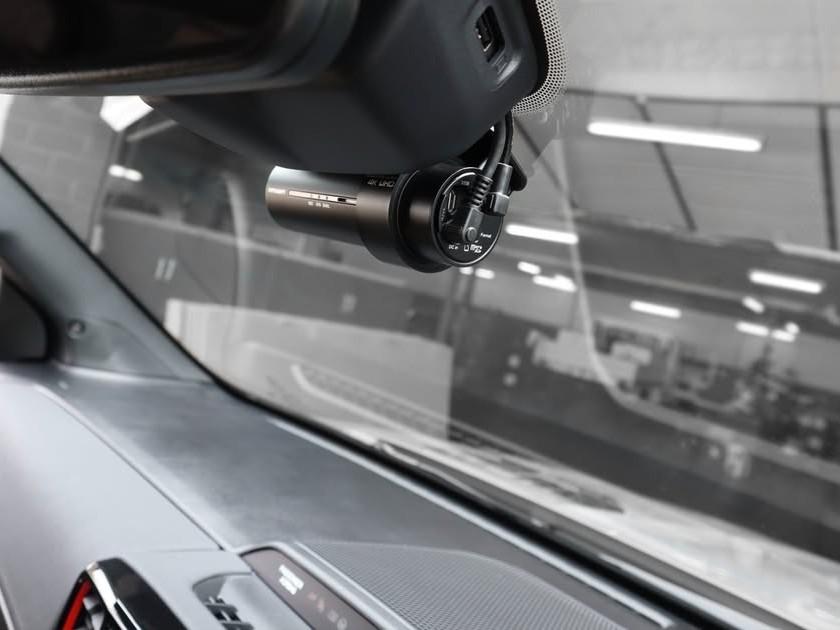Dash Cams vs Rear Cameras: Which One Do You Really Need?

When it comes to vehicle safety and driving convenience, both dash cams and rear cameras have become popular additions for drivers in Houston and beyond. These devices serve different purposes but are often confused or used interchangeably. Whether you're a commuter, rideshare driver, or just want added protection, knowing which one to choose—or whether you need both—is essential. Let's break down what each camera does, how they work, and which one fits your driving needs best.
What Is a Dash Cam?
A dash cam (dashboard camera) is typically mounted on your car's windshield, just behind the rearview mirror. It records the road ahead as you drive. Some models come with features like motion detection, night vision, GPS tracking, and even dual-lens systems that also record the interior or rear of the car.
Primary Benefits of a Dash Cam:
- Accident Evidence: If you're in a collision, dash cam footage can serve as impartial evidence to prove fault.
- Insurance Claims: Video evidence can help settle disputes quickly and potentially lower your premium.
- Theft or Vandalism Recording: Many dash cams have a parking mode that activates when motion or impact is detected, even when the car is off.
- Monitoring Driver Behavior: Ideal for parents of teen drivers or fleet managers.
What Is a Rear Camera?
A rear camera (also known as a backup or reversing camera) is mounted on the back of your vehicle and displays a live video feed on your infotainment screen when the car is in reverse. Some systems also include dynamic guidelines to help with steering.
Primary Benefits of a Rear Camera:
- Enhanced Safety When Reversing: It minimizes blind spots and makes it easier to avoid pedestrians, pets, or objects.
- Parking Made Easier: Whether parallel parking or reversing into a tight space, rear cameras give you a clear view of obstacles.
- Preventing Bumper Damage: You’re less likely to accidentally bump into another car, post, or wall.
Dash Cam vs Rear Camera: Key Differences
|
Feature |
Dash Cam |
Rear Camera |
|
Main Purpose |
Record driving & incidents |
Assist with reversing & parking |
|
Location |
Front windshield (or dual-view) |
Rear of the vehicle |
|
Recording Capability |
Yes, continuous or event-based |
Typically no (unless part of DVR) |
|
Installation |
Easy to moderate |
Usually factory-installed or requires professional install |
|
Legal Value |
High for disputes & claims |
Limited legal use |
Which One Do You Really Need?
It depends on your driving habits and priorities.
If You Want Evidence and Security:
Go with a dash cam. It records what happens in front of (and sometimes inside or behind) your vehicle. In a city like Houston, with heavy traffic and unpredictable drivers, having a dash cam can save you headaches in the long run.
If You Need Parking and Reversing Assistance:
Choose a rear camera. It’s a lifesaver when backing up in crowded urban areas or tight residential driveways. In fact, rear cameras are required by law in all new vehicles sold in the U.S. since 2018.
If You Want Complete Coverage:
Get both. They complement each other well. A dash cam can provide ongoing recording and protection, while the rear camera can help you safely navigate in reverse. Some advanced systems combine these functions into a single package.
Should You Upgrade Your Vehicle With Both?
Absolutely—especially if:
- You frequently drive in Houston traffic.
- You park on the street or in public lots.
- You have kids, pets, or valuable cargo in your vehicle.
- You drive for Uber, Lyft, or delivery services.
Installation and Cost Considerations
- Dash Cam: Basic models can be DIY-installed and cost as little as $50. Higher-end models with GPS, Wi-Fi, and dual cameras may go up to $300 or more.
- Rear Camera: If your vehicle doesn't already have one, aftermarket options can be installed for $100 to $400, including labor.
Make sure to go with a professional installer for clean wiring, reliable placement, and optimal angle settings. Many Houston-based audio and electronics shops, like Houston Car Stereo, offer customized installations that integrate cameras with your existing vehicle system.
Final Thoughts
Both dash cams and rear cameras enhance safety but serve very different roles. A dash cam is your silent witness on the road, while a rear camera is your assistant when maneuvering in reverse. For the best protection and peace of mind, especially in a busy city like Houston, consider installing both.
If you're unsure what setup is best for your car, visit a trusted installer near you and ask about integrated solutions that combine both features seamlessly.
- Art
- Causes
- Crafts
- Dance
- Drinks
- Film
- Fitness
- Food
- الألعاب
- Gardening
- Health
- الرئيسية
- Literature
- Music
- Networking
- أخرى
- Party
- Religion
- Shopping
- Sports
- Theater
- Wellness


